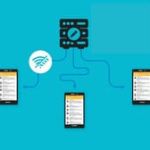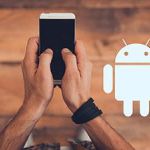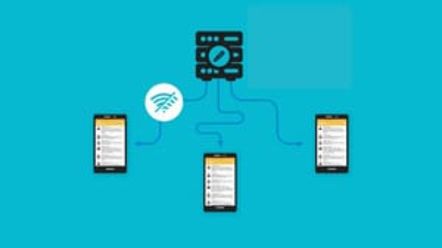
Advanced Android App Development
Summary
Ready to level-up your skills as an Android developer? In this course, you will learn how to make your app production-ready by developing a variety of different sample apps, each designed to showcase advanced capabilities of the Android platform, including fragments, widgets, media playback, and testing. You’ll learn how to create UI tests using the Espresso framework, to leverage third-party libraries and services like ExoPlayer and Firebase Cloud Messaging, and use Google APIs to make your app aware of its location. By the end of the course, you’ll know how to publish your own app to the Google Play Store, where you can reach and engage users across the globe.
Expected Learning
This course will show you what it takes to ship polished apps, whether you’re part of a development team, an independent app developer, or simply a programmer interested in Android development best practices.
Syllabus
Lesson 1: Product Quality
Overview of product quality standards, and an introduction to the goals and structure of this course.
Lesson 2: Integration Points and Error Cases
Identify and resolve integration points, including offline/server integration, and validate user input in the Sunshine app.
Lesson 3: Accessibility and Localization
Expand the audience for your app by making it accessible and easily localized.
Lesson 4: Libraries
Use libraries to handle images, and allow users to personalize their Sunshine experience with custom icons.
Lesson 5: Google Cloud Messaging
Implement a message receiver, and learn how to send messages to Sunshine using the Google Cloud Messaging interface.
Lesson 6: Material Design
Apply material design principles to Sunshine's activity transitions, keylines and layouts.
Lesson 7: Building a Total Experience
Build and implement resizable widgets and immersive wallpaper images.
Lesson 8: Performance
Use profiling tools in Android Studio to identify performance leaks.
Final Project
You will productionize two apps, taking them from a functional state to a production-ready state.This will involve finding and handling error cases, adding accessibility features, and adding a library.
Required Knowledge
This course assumes you have taken Developing Android Apps, or have an equivalent background as an Android developer. We also assume you are familiar with using GitHub, which we use to share code. Take our course on Using Git and GitHub if you need this background.
Access to an Android device is helpful, but you may use an emulator if you prefer.
Free
Advanced
6 weeks
Lyla Fujiwara
Coursearena





